Erdoğan says Turkey's frictions with US were 'worth it'
President Erdoğan has said that Ankara's frictions with the U.S. were "worth it." He also described the Turkey-U.S. relationship as "fundamentally important."
Duvar English
President Recep Tayyip Erdoğan has said that Turkey's frictions with the U.S. were "worth it," adding that Ankara can strengthen its defense as it pleases.
In an interview with The New York Times last week on the sidelines of the annual meeting of the United Nations, Erdoğan was asked whether Turkey's actions had been worth the frictions caused with the U.S.
“I think it was worth it,” Erdoğan said. “We can strengthen our defense as we please.”
The Turkish President also said the U.S.-Turkish relationship remained fundamentally important. “Turkey has long U.S. ties,” he said. “This will be reinforced and has to be protected.”
Erdoğan rejected suggestions that Turkey had undermined NATO by purchasing S-400 missile defense systems from Russia.
“We buy our own weapons,” Erdoğan said, asserting that both the NATO Secretary General, Jens Stoltenberg, and President Donald J. Trump had reaffirmed Turkey’s right to choose arms suppliers. Had the Americans sold Turkey a Patriot missile defense system, Erdoğan said, Ankara “would not have had to buy S-400s.”
Moscow and Ankara inked a deal in 2017 on the delivery of the S-400 air defense system to Turkey, thereby making it the first NATO member to purchase this air defense missile system from Russia.
Ankara's purchase of the S-400s has strained ties with the United States and NATO allies over concerns that the systems are not compatible with the alliance's defenses and may threaten the U.S. F-35 fighter jets. Turkey, which was expelled from the jet program over the Russian systems, rejects the concerns.
The United States imposed sanctions on Turkey's Defense Industry Directorate, its chief, İsmail Demir, and three other employees in December following the country's acquisition of the first batch of S-400s.
Talks continued between Russia and Turkey about the delivery of a second batch, which Washington has repeatedly said would almost certainly trigger new sanctions. U.S. Senate Foreign Relations Committee Chairman Bob Menendez on Sept. 28 warned Turkey of fresh sanctions if Ankara goes ahead with the purchase.
His warning came after Erdoğan vowed to get the second batch.
Putin as an 'alternative partner'
Relations between Erdoğan and the administration of U.S. President Joe Biden may be frayed, but on Sept. 29, the Turkish leader made abundantly clear his access to an alternative partner for trade and military deals: Russian President Vladimir Putin.
At a three-hour meeting in the Black Sea resort city of Sochi, Russia — the first for the two presidents in more than a year — Putin and Erdoğan discussed weapons deals, trade and a nuclear reactor Russia is building in Turkey.
Turkey and Russia have been both friends on energy and arms deals and enemies in multiple Middle Eastern wars. Through mercenaries and proxies, the countries are on opposite sides in the wars in Syria and Libya, while both Turkish and Russian troops are serving as peacekeepers in the conflict in Nagorno-Karabakh.
Erdoğan often explains the relationship with Russia as necessary for a regional power such as Turkey and has questioned why the United States should dictate Turkey’s bilateral relationships. Russia is building Turkey’s first nuclear power station and opened a gas pipeline to Turkey under the Black Sea.
At the meeting on Sept. 29, Putin praised both energy deals and said the alignment with Russia was insulating Turkey from high gas prices in Europe. “Now, when we see somewhat difficult, turbulent processes on the European gas market, Turkey feels absolutely confident and stable,” Putin said.
While Erdoğan has been seeking to repair relations with the United States and the European Union, he acknowledged recently a coolness from President Biden.
“In my 19-year-long life as a ruler as prime minister and president, the point we arrived in our relations with the U.S. is not good,” he told the Turkish news media in a briefing. “I have worked well with Bush junior, with Mr. Obama, with Mr. Trump, but I can’t say we have a good start with Mr. Biden.”

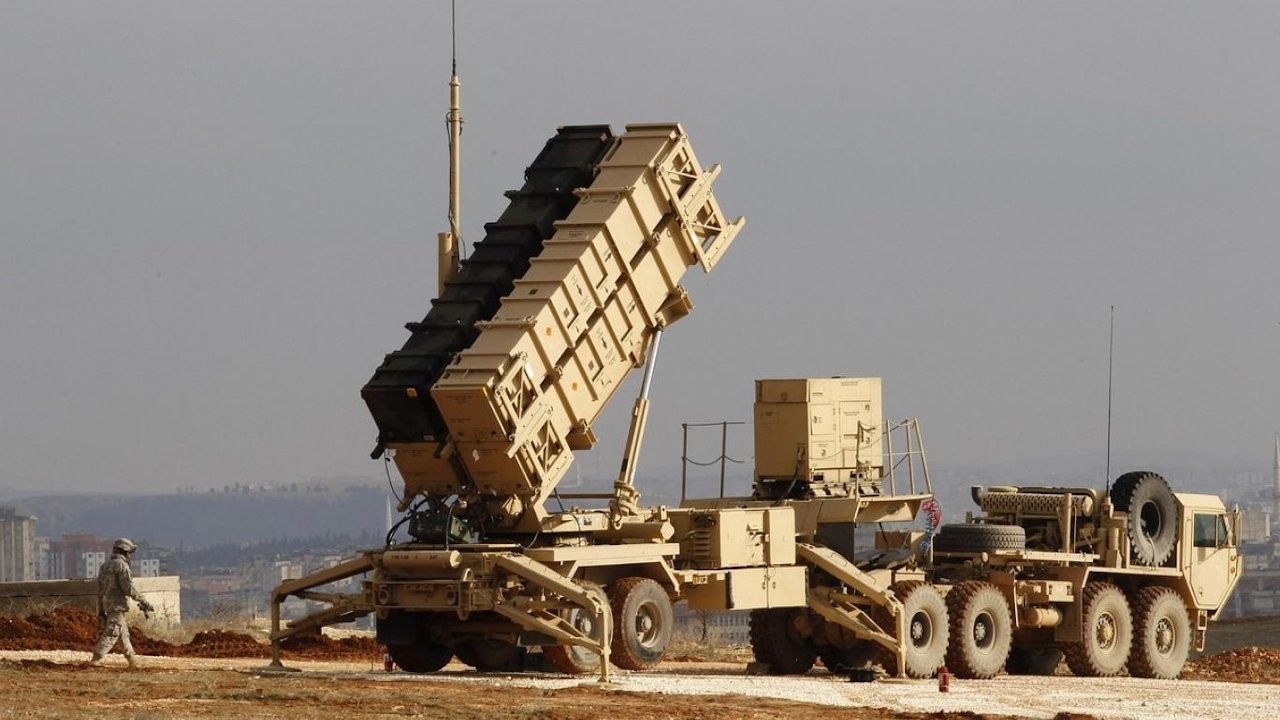 Turkey purchased S-400s 'because US didn't sell Patriots'Diplomacy
Turkey purchased S-400s 'because US didn't sell Patriots'Diplomacy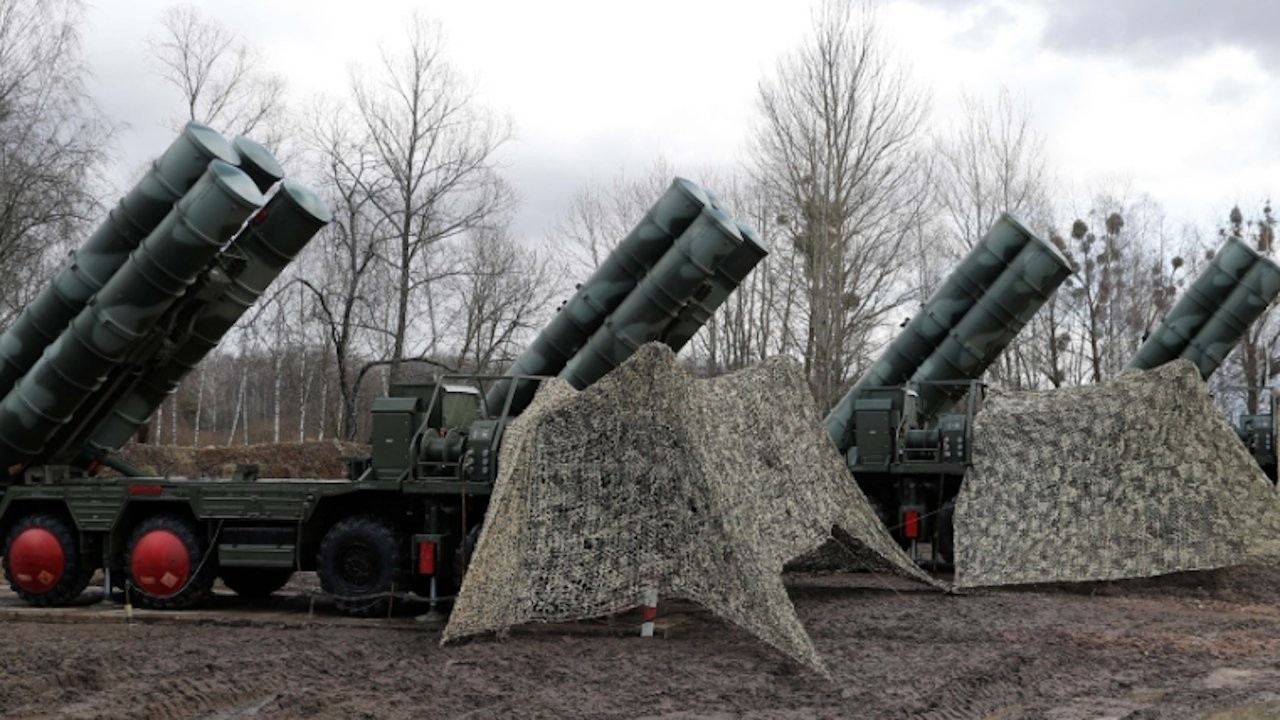 US Senate Foreign Relations Committee warns Turkey of new sanctionsDiplomacy
US Senate Foreign Relations Committee warns Turkey of new sanctionsDiplomacy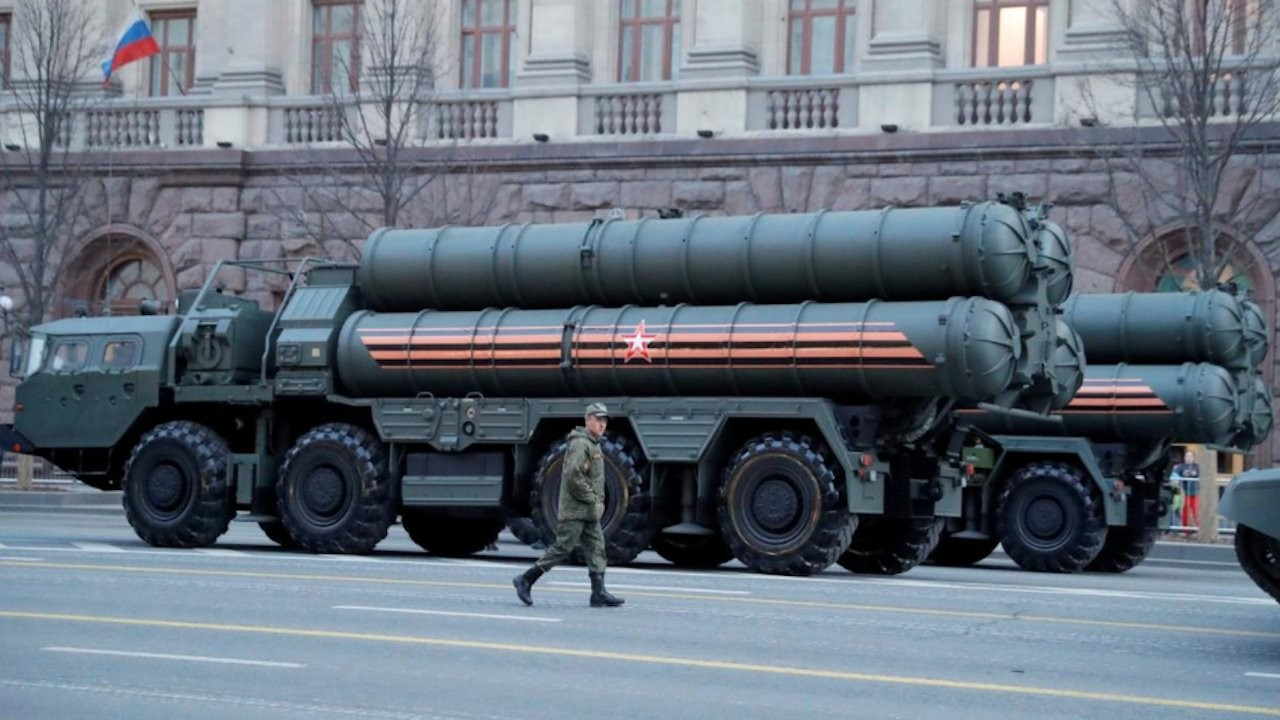 Turkey, US back to S-400 quagmire after Erdoğan vows to get second batchDiplomacy
Turkey, US back to S-400 quagmire after Erdoğan vows to get second batchDiplomacy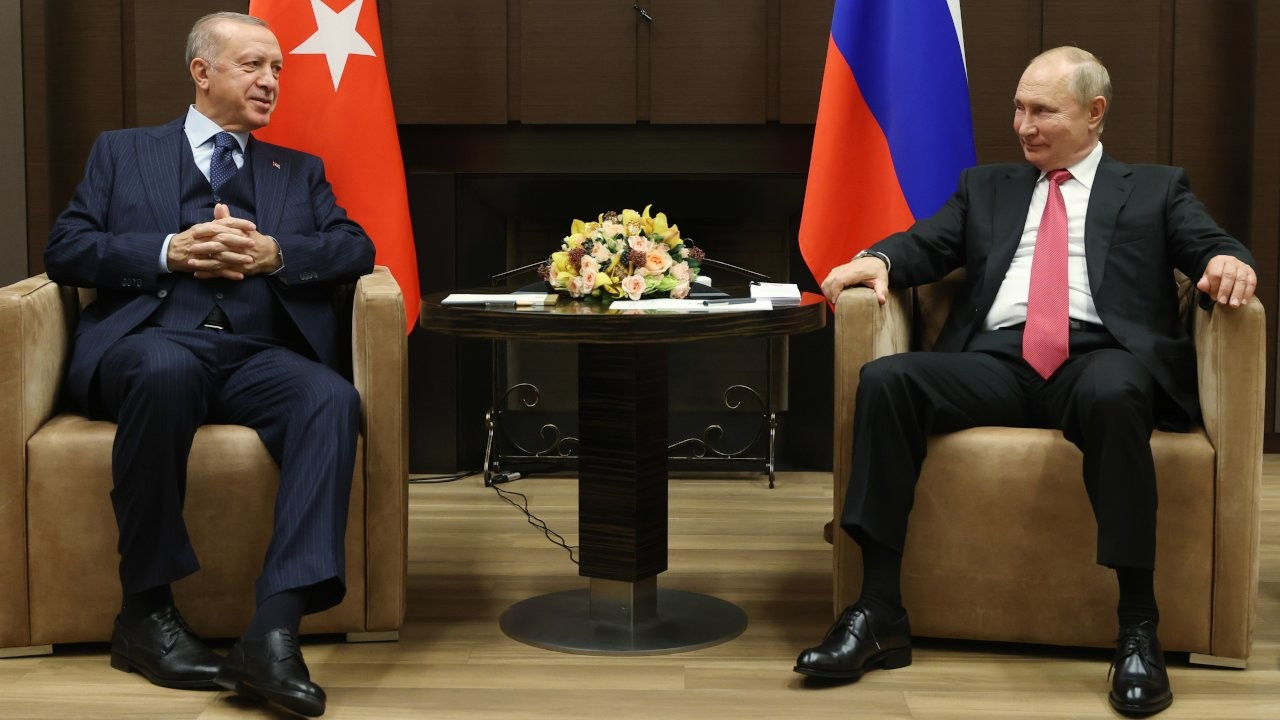 Russia's Putin and Turkey's Erdoğan hold Syria, defense talksDiplomacy
Russia's Putin and Turkey's Erdoğan hold Syria, defense talksDiplomacy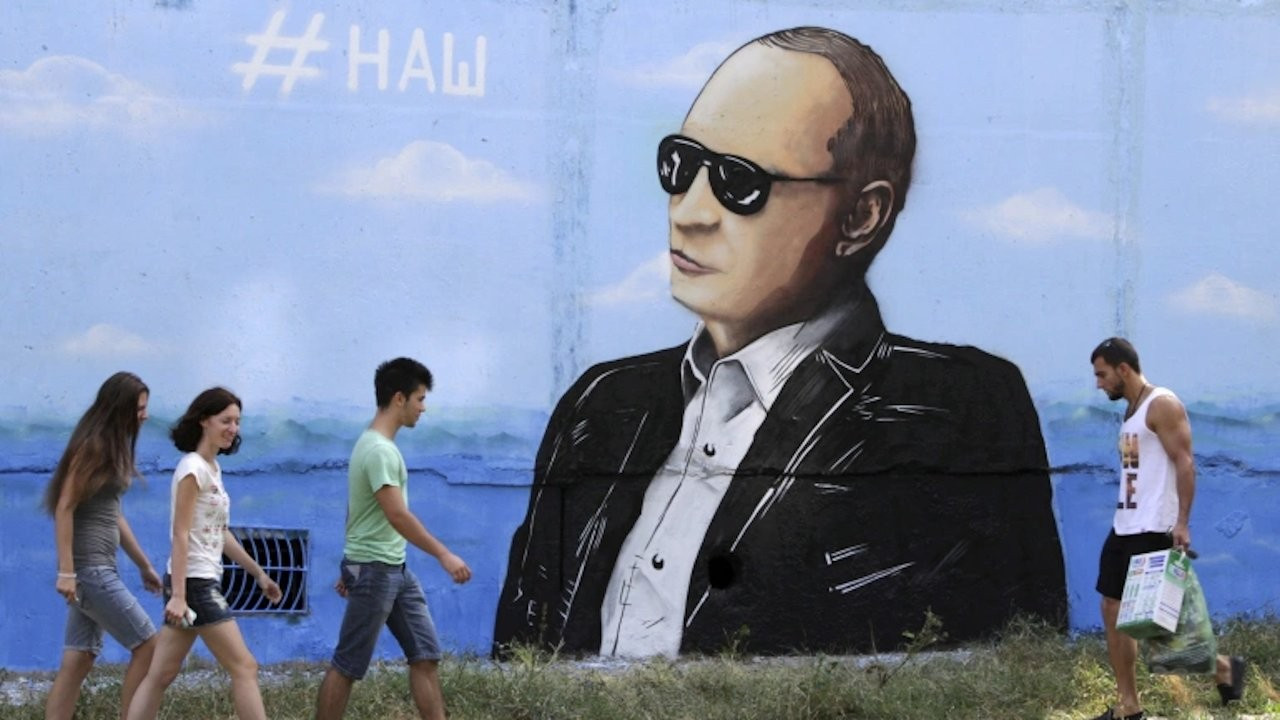 Kremlin on Crimea rift: Thank God nationalists are not in power in TurkeyDiplomacy
Kremlin on Crimea rift: Thank God nationalists are not in power in TurkeyDiplomacy